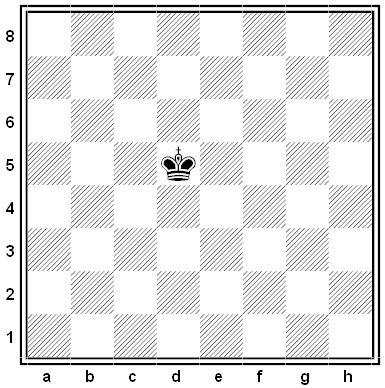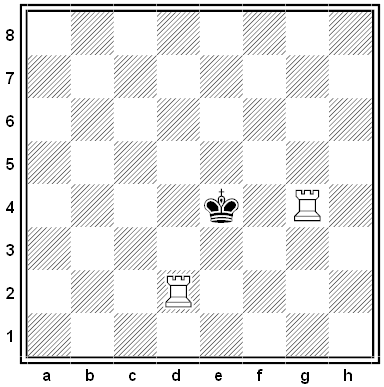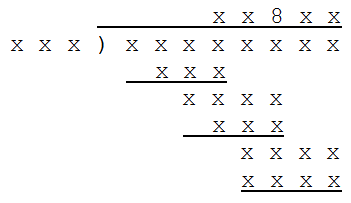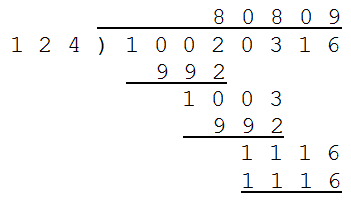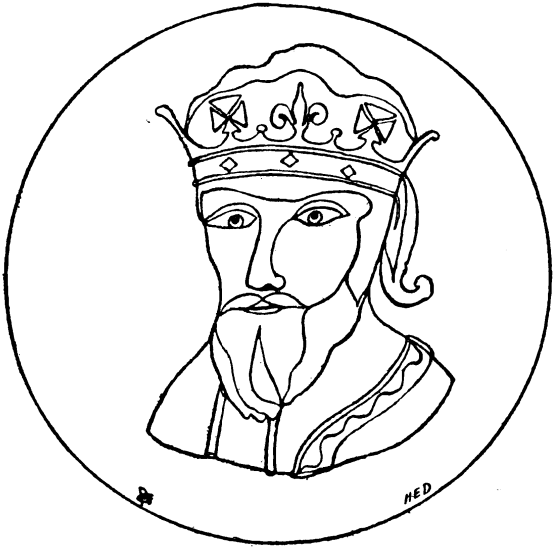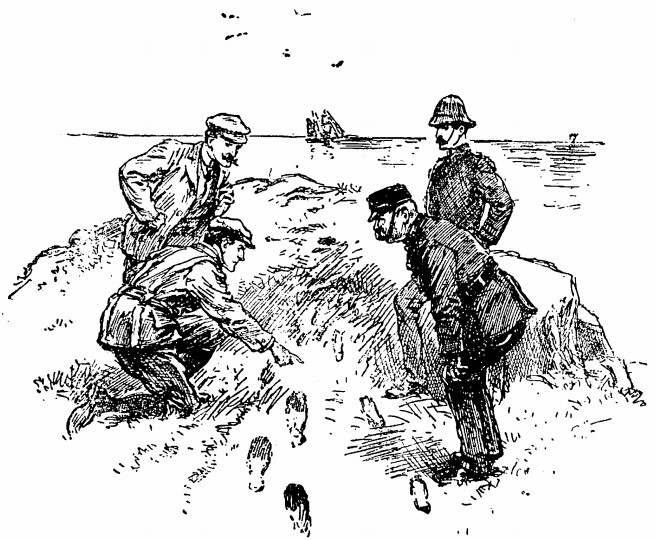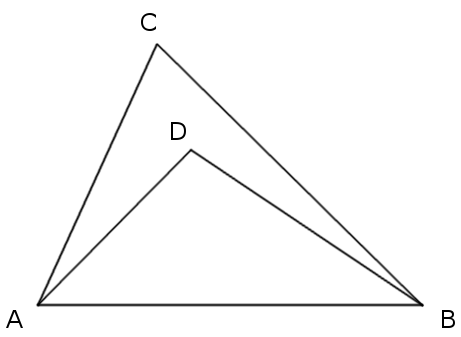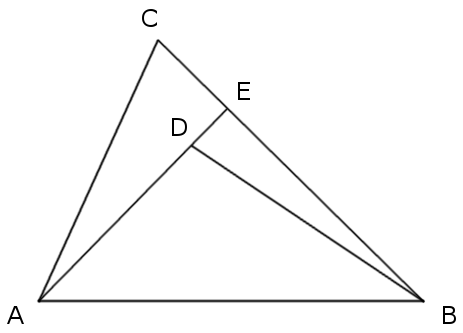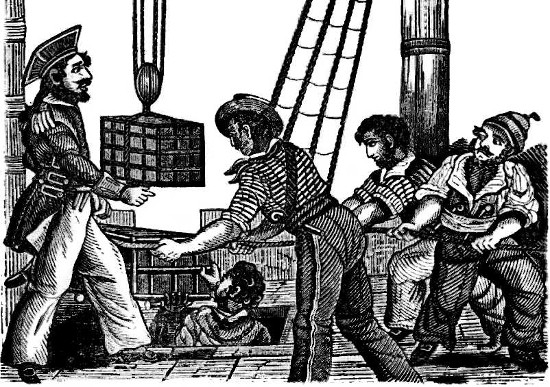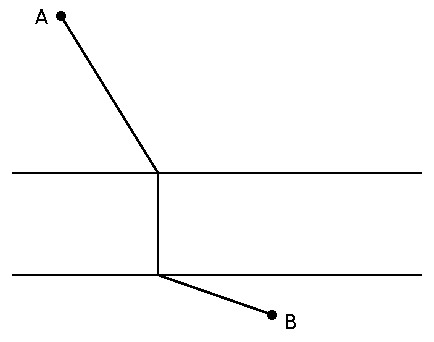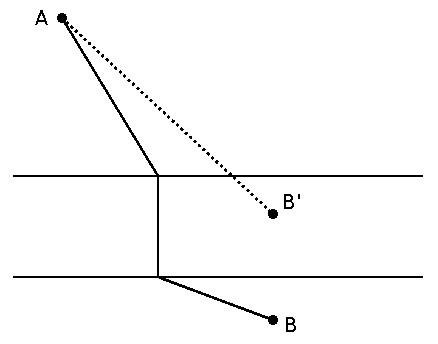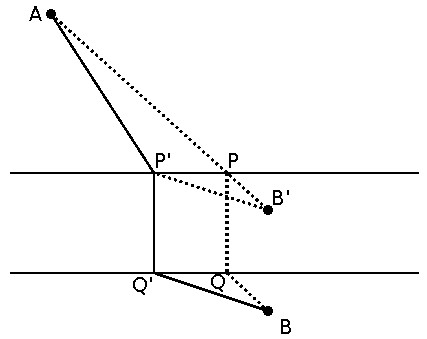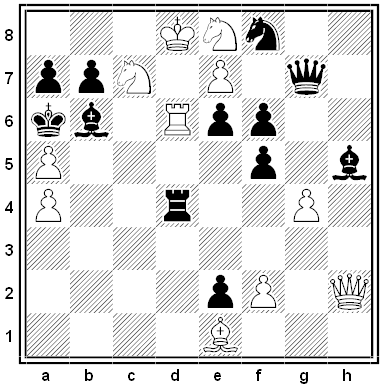This is easiest if we attack it from the end. When there are just two pirates left, P2 and P1, P2 should obviously propose that he keep all the gold for himself and give none to P1. The two of them will vote, and P2 will carry 50 percent of the vote and come away 100 gold pieces richer.
Now back up a step and consider the case with three pirates. P1 knows that if he doesn’t accept P3’s proposal then the situation will revert to the one we just considered, where he comes away empty-handed. So he should accept any proposal that gives him more than nothing. P3, who’s smart enough to see this, should propose giving 1 gold piece to P1 and nothing to P2.
Back up and consider four pirates. P4 will vote for his own proposal, of course, but he needs the vote of one other pirate to reach 50 percent, and he wants to spend as little gold as possible to get it. He proposes 99 gold pieces for himself, 0 for P3, 1 for P2, and 0 for P1. P2 is glad to vote for this, because if he doesn’t, P4 will go to the sharks and we’ll revert to the case of three pirates, where P2 gets nothing.
Back up one more step to five pirates. P5 needs two other pirates to vote for his proposal in order to have 50 percent of the votes. He proposes 98 gold pieces for himself, 0 for P4, 1 for P3, 0 for P2, and 1 for P1. P3 and P1 will vote for this, because otherwise they’ll find themselves in the four-pirate scenario, where they get nothing.
You can see where this is headed. In the original scenario, with ten pirates, P10 should propose 96 gold pieces for himself; 1 for each of the pirates P8, P6, P4, and P2; and none for the rest. By allocating just 4 gold pieces cannily, he can keep nearly all the treasure.
(Ian Stewart, “A Puzzle for Pirates,” Scientific American, May 1999, 98-99.)
